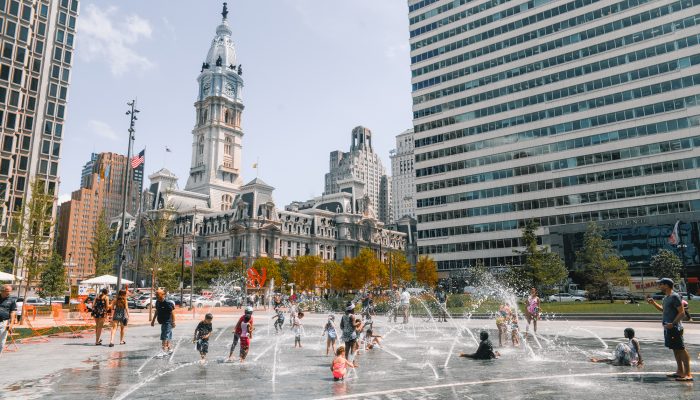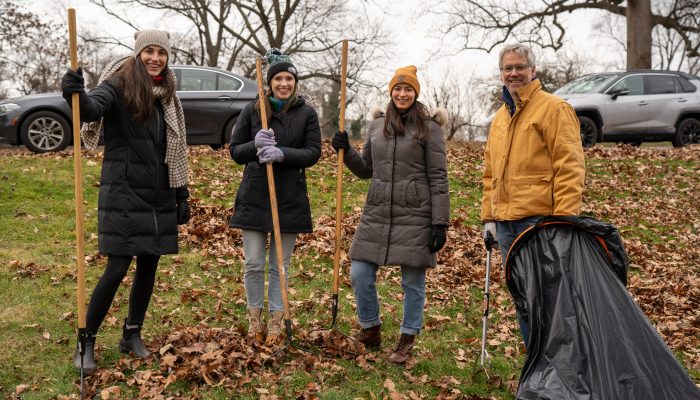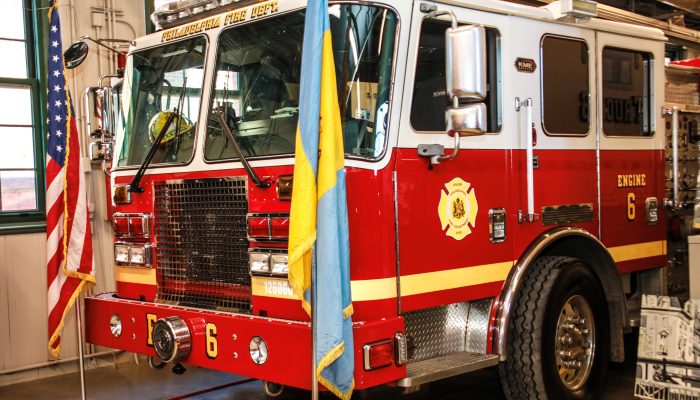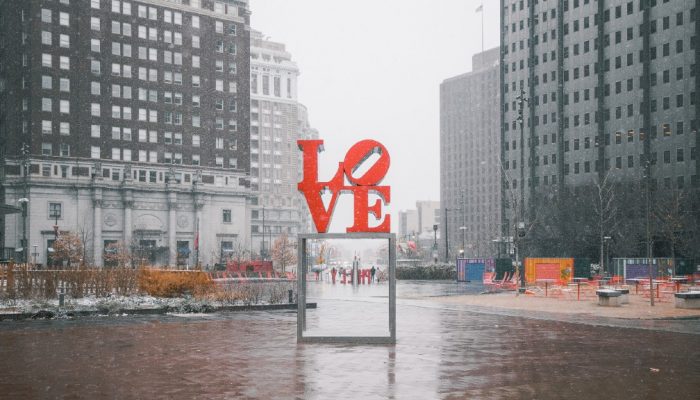Thursday, July 1 marks the new fiscal year for the City of Philadelphia! The Fiscal Year 2022 budget makes significant investments to ensure the long-term safety, health and well-being of Philadelphia and our residents. It focuses on providing—and in some cases expanding—core services while maintaining our long-term fiscal health.
Many of these investments are possible because of the Biden Administration’s American Rescue Plan (ARP). Without those funds, the City would have been facing a $1.5 billion shortfall over five years due to the fiscal crisis stemming from COVID-19.
The ARP relief of nearly $1.4 billion will not fully replace the reduction in revenues resulting from the pandemic, but it has allowed us to make new investments in this year’s budget and avoid having to make more painful cuts or consider tax increases. It also helps us continue to invest significantly in public safety, education, inclusive economic growth, and creating thriving neighborhoods.
Here’s what you need to know about this year’s budget:
Creating a safer and more just city
There’s no greater priority for the City than reducing gun violence that’s tearing our communities apart and creating a safer city for us all.
As a result of ongoing input from City Council, the City will be able to dedicate more than $150 million this year to reduce gun violence through an array of strategies focused on community empowerment, employment and careers, healing, prevention, and safe havens for children and youth.
Between existing, new, and expanded programs proposed by the Administration in its initial FY22 Budget proposed on April 15, as well as additional resources added after discussions with City Council, $155.7 million will be invested to reduce and prevent violence. These investments include $13 million for 911-Triage/Corresponder and Mobile Crisis Units to better address mental health emergencies and $20 million for Community Partnership Grants so that people closest to the challenges have resources to bring about solutions.
Not included in the $155.7 million are our significant educational and anti-poverty investments, nor our traditional economic development activities. With those efforts added in, our commitment to anti-violence totals hundreds of millions each year. Learn more about the ways we’re investing to reduce and prevent violence.
Investing in quality education
The Plan expands our commitment to improving education from preschool to college.
This year, we celebrated the five-year anniversary of the Philadelphia Beverage Tax and the programs it supports. We’re excited that PHLpreK will grow with 700 new slots (to 4,000 this school year), and services at Community Schools will expand to include case management support.
The Five Year Plan also calls for a quarter of a billion dollars in the Community College of Philadelphia, with $54 million dedicated to the Octavius Catto Scholarship. This initiative will enable 5,000 first-time, full-time, students to attend college tuition-free, as well as receive food, book and transportation stipends.
The Five Year Plan envisions a return of teachers and students to classrooms, with $1.38 billion in funding for the School District of Philadelphia. This is on top of the $1.3 billion that the District will receive through the American Rescue Plan.
Driving inclusive economic recovery and growth
The budget includes a wage tax reduction for residents to the lowest level in 50 years. We will enact the largest wage tax rate cut in more than a decade which will provide critical relief to workers and help attract and grow business.
In addition to maintaining the existing funding for the Commerce Department’s work to help drive the local economy’s economic recovery, the FY22 budget includes $300,000 for new grants for small business storefronts and security, $3 million for workforce development, and more than $5 million in new funding for staff and programs to further support our business community. The budget also restores $150,000 for the “Color Me Back Same Day Pay” program, $1.5 million in adult education programs, and $170,000 for digital equity initiatives.
Additionally, in the Capital program, we’ve earmarked 20 million dollars toward economic development projects like the I-95 Cap, Schuylkill River Development Corporation’s Christian to Crescent, and East Market and Neighborhood Commercial Center improvement projects.
Keeping Philadelphians healthy and housed
The plan adds $12.9 million for shelter beds for Philadelphia’s unsheltered population, to replace one-time federal dollars.
The Plan sets aside $50 million for COVID-19 containment, as part of a $75 million Reopening and Recession Reserve. To eliminate health disparities and safeguard residents from threats that cause disease and injury, the City will invest $250,000 to develop a citywide strategy to improve racial equity in health outcomes.
To continue the City’s battle against the scourge of opioids, the Plan allocates $400,000 for opioid treatment, and $500,000 for the Opioid Response Unit, the multi-departmental effort to address the opioid epidemic.
Improving quality of life in our neighborhoods
This year’s budget also includes funding to restore summer programming such as camps, sports, jobs for young people and reopen pools. In addition, the City’s Rebuild initiative, which invests in improvements to the City’s public spaces such as recreation centers and libraries, plans to break ground on five project sites and cut the ribbon on five other project sites this summer. Of those sites, eight include renovations to recreation centers.
The Capital Program includes $317 million over six years in street paving, reconstruction, and ADA curb ramps. This is the largest single-year investment in the City’s history.
To help our commercial corridors, the plan provides $300,000 in additional funding for storefront improvement and security grants.
$7 million is available for the “PHL Taking Care of Business Corridor Cleaning” program.
Additional investments in Philadelphia’s shared public spaces include $1.8 million to restore five-day service at libraries and $3.7 million to restore recreation centers hours and reopen pools.
Other significant capital projects over the next six years include Citywide Technology Improvements and Enhancements ($136.8 million), FDR Park Master Plan Improvements ($50 million), and Neighborhood Commercial Centers ($26.5 million).




